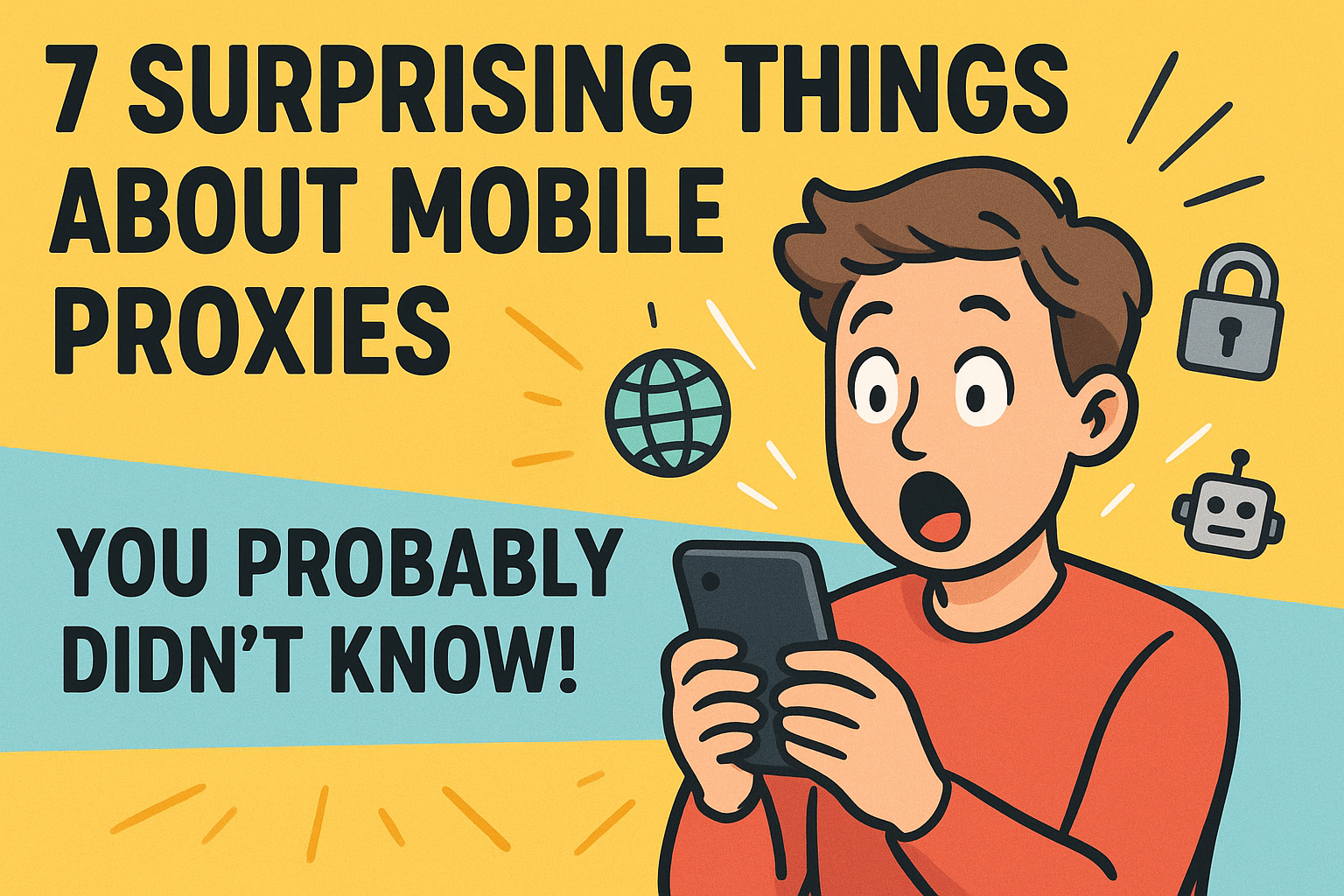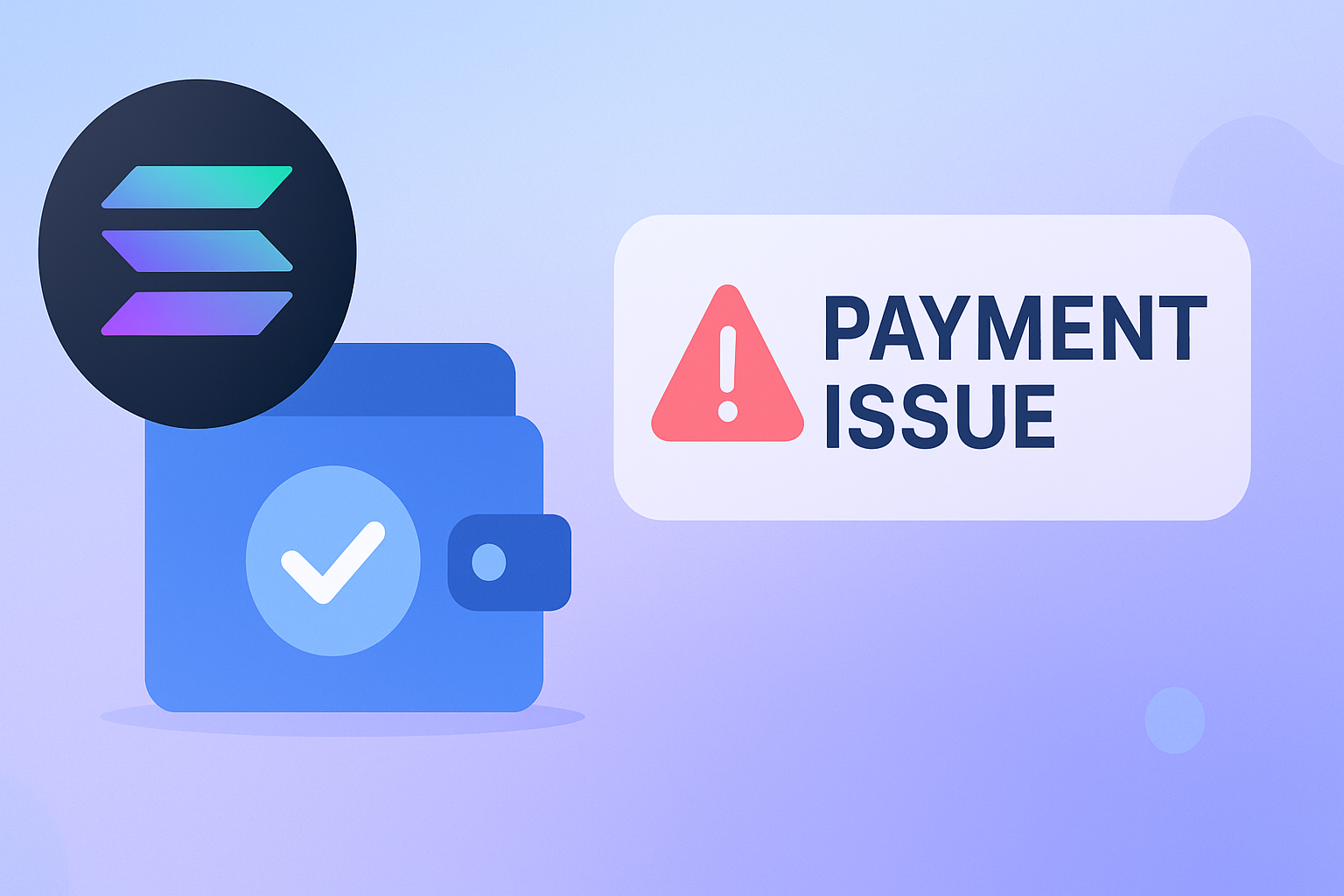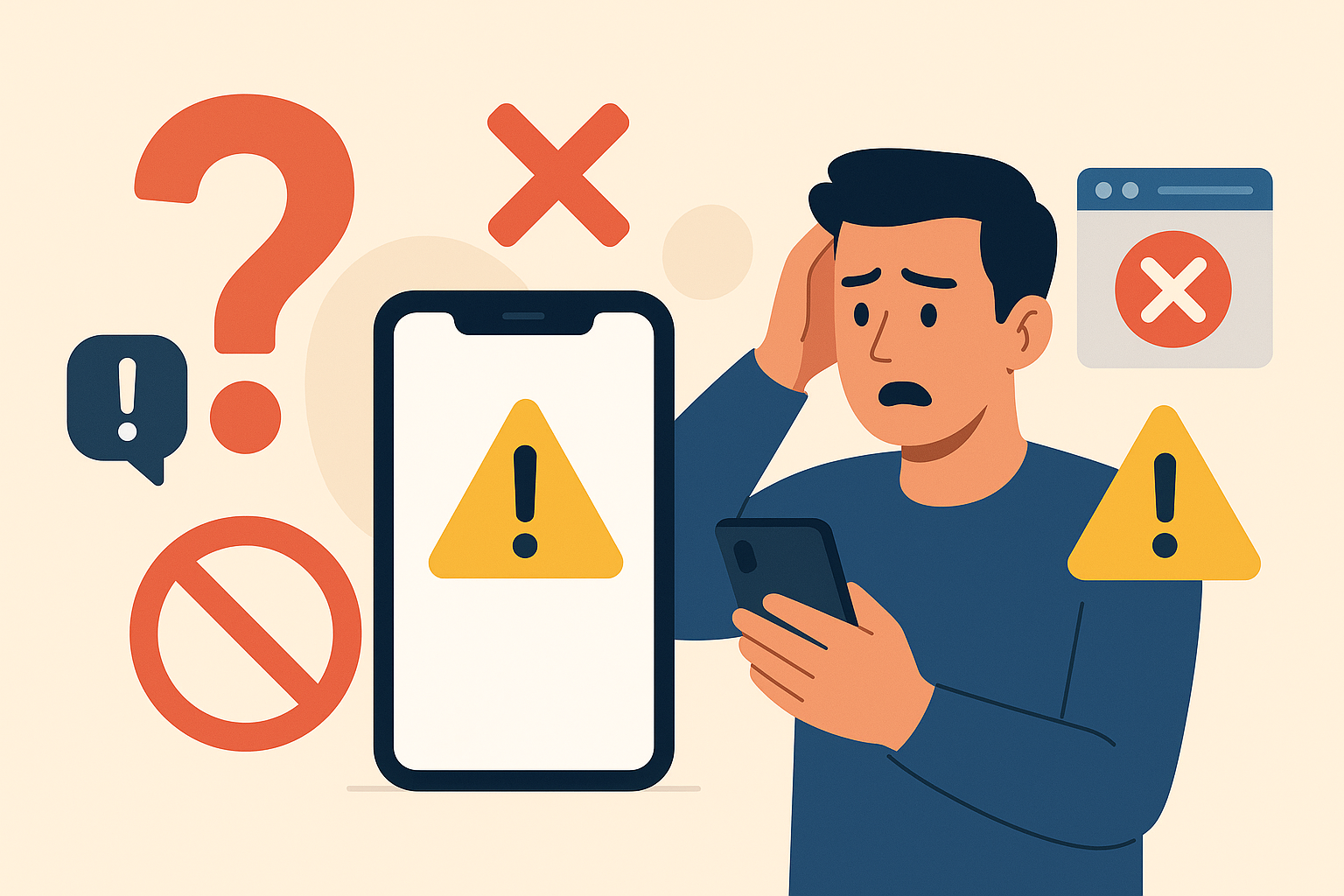Your IP address is like the digital version of your home address. It’s unique to your internet connection and tells online services where to send data, like the streaming video you just clicked on. While having an IP address is essential for using the internet, it can also open the door to potential misuse.
Let’s explore what someone can actually do if they manage to get ahold of your IP address.
1. Figure Out Your Location (Kind Of)
An IP address can reveal your general location, like the city or region you’re in. However, it won’t pinpoint your exact home. Think of it more like someone knowing the neighborhood you live in rather than your street address. Although this might seem harmless, in the wrong hands, it could lead to unwanted targeting or intrusion of privacy.
2. Launch Annoying Attacks
Some cyber attackers use IP addresses to launch Distributed Denial of Service (DDoS) attacks. This involves flooding your network with excessive traffic, effectively overloading your connection and causing it to slow down or stop working. While this isn’t common for the average internet user, it can still be disruptive if you’re running something important, like online gaming or work-related tasks.
3. Target Phishing Attempts
Knowing your IP address could help hackers tailor phishing attacks. By combining location data or hints from your IP with publicly available information, they might craft scams or emails that look more convincing. The more details they have, the better their chances of tricking you into clicking on malicious links.
4. Use Your Network for Malicious Activities
In rare cases, someone might use your IP address to try and remotely access your internet-connected devices. If you don’t have strong security settings on your devices, they might exploit vulnerabilities to carry out illegal activities, which could then be traced back to your IP.
5. Track Your Online Behavior
Advertisers and trackers use IP addresses to collect data about your browsing habits. Ever notice how ads seem oddly specific to what you were just researching? That’s partly because your IP address helps websites recognize your activity, allowing companies to tailor their marketing. While this isn’t inherently malicious, it can feel invasive.
How to Protect Your IP Address
Protecting your IP address doesn’t have to be overly complicated. Here are a few tips to keep it safe:
-
Use Mobile Proxies. Mobile proxies are an excellent way to mask your IP address. When you connect through a mobile proxy, it assigns you a different IP address from a pool of mobile network IPs, making it harder for anyone to trace your activity back to you. This is especially useful for enhancing privacy and staying under the radar of advertisers or malicious actors.
-
Use a VPN. Virtual Private Networks (VPNs) also hide your real IP address by routing your internet traffic through a secure server. They work well alongside mobile proxies for an added layer of protection.
-
Avoid Clicking on Suspicious Links. This reduces the chance of exposing your IP address through tracking tools embedded in shady websites or phishing emails.
-
Enable Your Firewall and Use Strong Passwords. This protects your network and devices from unauthorized access.
-
Monitor Unusual Activity. If you notice disruptions like sudden slow internet speeds or strange connections, it’s worth checking in with your ISP or strengthening your IP-related security measures.
By combining tools like mobile proxies with basic cybersecurity habits, you can significantly reduce the risks associated with exposing your IP address. Stay informed, and you’ll stay one step ahead.





